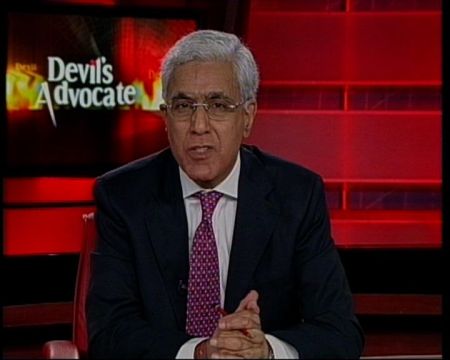Make the commitment
Entrepreneurship can be learned. But you have to be committed to the process of building your own thing and the act of creating something, rather than just coming up with an idea. It will likely take several ideas, with the learning process of failing on a couple, before you can call yourself a successful entrepreneur.
Find a problem, then solve it.
Rather than finding a new idea first, try finding a problem first. Problem solvers make successful entrepreneurs. Idea people are dreamers, who often don’t enjoy the hard work of a solution in a specific timeframe to make money.
Think big. Thing new. Think again.
In other words, make sure your solution will scale up. Professional investors will tell you they look for business plans that can credibly project revenues of at least $20M within five years, or they won’t justify an investment.
You can't do it alone.
Have a support team of people you know and trust. An idea person and a problem solver make a great team. Successful entrepreneurs have to work well with people, whether they be partners, investors, employees, suppliers, or customers.
You must do it alone.
But the dichotomy is that there are things that you have to do alone. “The buck stops here.” You have to be decisive, accept responsibility, and provide the vision. Vision is not a group-think activity. Sometimes decisions have to be made quickly, and with very little hard data, so you need the confidence in your gut.
Manage risk.
Without risk, there can be no innovation. Not every idea can, or will, be a winner. Fear of failure will kill innovation, but reckless disregard for risk will kill a business. The successful entrepreneur is able to find the balance between these two extremes.
Learn to lead
In a startup, the entrepreneur leader has to do two things. First, drive the business creation process, and secondly, inspire all the others. The others include the rest of the team, investors, and customers. That means hands-on leadership and effective communication.
Learn to sell
Don’t believe the old myth that “if we build it, they will come.” Selling is a learned skill, and takes effort, just like building a product. Everyone in your startup, especially the entrepreneur, needs to understand sales, and needs to be a salesman.
Persist, persevere, prevail
Experts say the prime cause of failure in business is quitting too soon. The successful entrepreneur never gives up, and uses creativity to overcome all obstacles, including personal, financial, and technical ones.
Time, not money, is the key resource
Entrepreneurship is a lifestyle, not a job. Be prepared to play the game for life. There are no quick fixes, or quick get-rich solutions. Learn to manage and balance your time; it’s the one thing that belongs to you alone. Great entrepreneurs have a life outside of work, and find time to give back.













